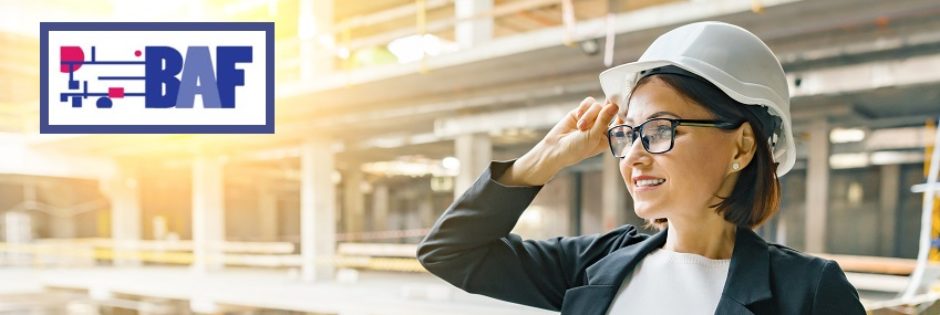As a commercial business owner, you know that at some point, your facility will face a need for a facelift. From appliance and technology upgrades, to interior design, energy efficient applications, organization, and function, there are various aspects to address and perhaps incorporate into your upcoming commercial renovation. However, many proprietors overlook the need to upgrade their automatic fire suppression sprinkler systems.
Today, commercial sprinklers are significantly more high-tech than they were a decade ago, and many laws regarding code requirements have changed over the years. So, if you have not upgraded your commercial fire suppression sprinkler system within the last 5 to 10 years, now might be a good time to do your research.
Continue reading to learn what to consider when deciding whether or not to add a fire suppression sprinkler system upgrade into your commercial renovation project.

Commercial Fire Suppression Systems
An automatic fire suppression system is installed in a commercial building for the purpose of slowing down flame development and dispersion, as well as, putting out flames. These systems detect smoke and fire, and then automatically activate in the presence of flames. You simply cannot verbally define the critical importance of maintaining a quality fire suppression sprinkler system, as they are proven to save lives and reduce structural damage.
Not only do they allow guests and employees more time to evacuate a burning building, it also makes the job easier and safer for fire fighters. Furthermore, by mitigating fire danger and damage, you can get your commercial building back on track faster, which reduces your loss of income. Overall, a commercial sprinkler system will save you a significant amount of money, protect your occupants, and safeguard your business from certain liability.
When to Consider an Upgrade:
🔥 Your commercial renovation increases your facility’s fire area to over 5,000 square feet.
🔥 A single-tenant expansion that requires a new Certificate of Occupancy extends a facility’s fire area over 12,000 square feet.
🔥 The area being renovated generates another code regulation update for your commercial sprinkler system.
Building Sprinkler Codes and Regulations
As mentioned, local, state, and federal guidelines and building codes for automatic fire suppression systems have undergone some changes within the past decade. These codes and requirements can be quite complex, and even challenging to meet without the proper experience, equipment, and acumen. For instance, they must they extend through an entire facility and offer maximum coverage. All water supply valves must be visible and easily accessible. If fire pumps are necessary, they must be stored in a separate facility, or in a room that is fire-rated with exterior access.
For these reasons and more, it is important to enlist the job to a licensed commercial general contracting company in order to ensure the upgrades are perfectly up to code. If the job were to be done incorrectly, as the business owner, you would face a load of costly delays and unanticipated budget increases. But how do you get started learning what it will take to upgrade your commercial fire sprinkler system? Simply contact a licensed commercial construction management company for professional bids and advice you can trust.
Indianapolis Commercial General Contracting You Can Trust
Contact BAF Corporation at 317-253-0531 for trusted commercial construction services in Indianapolis, Indiana and its surrounding locations. Our skilled and experienced commercial general contractors serve all corporate, commercial, and industrial industries in Indianapolis, Indiana and its surrounding districts. Call today to request free information or to schedule a consultation.

